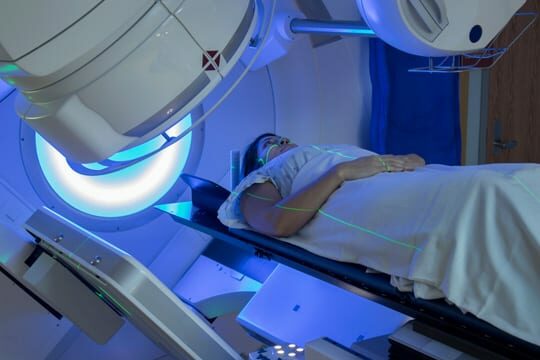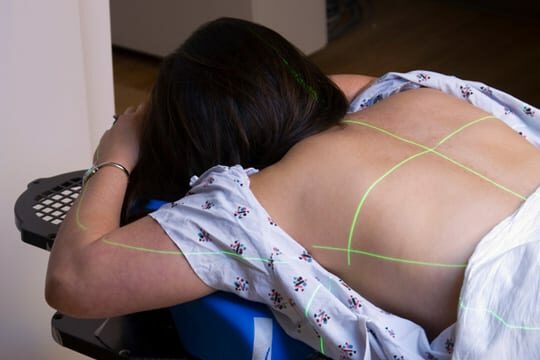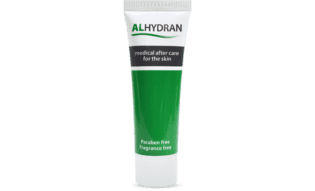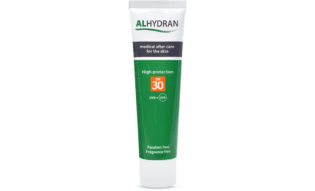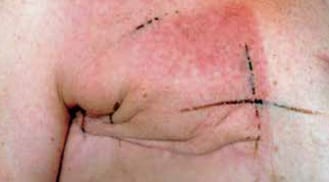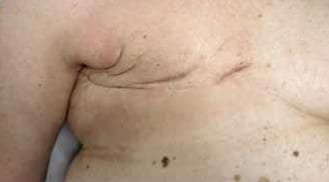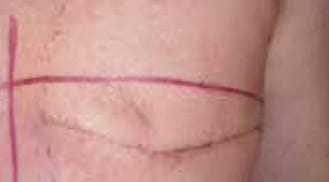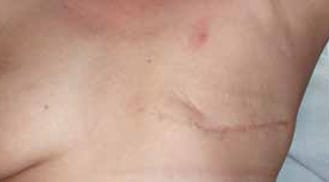Radiotherapy
Radiotherapy is mostly used in the treatment of cancer. The radiation destroys the cancer cells. The treatment causes skin reactions and unpleasant symptoms. During and after radiotherapy, several skin complaints can arise. These complaints can decrease if you take good care of your skin.
